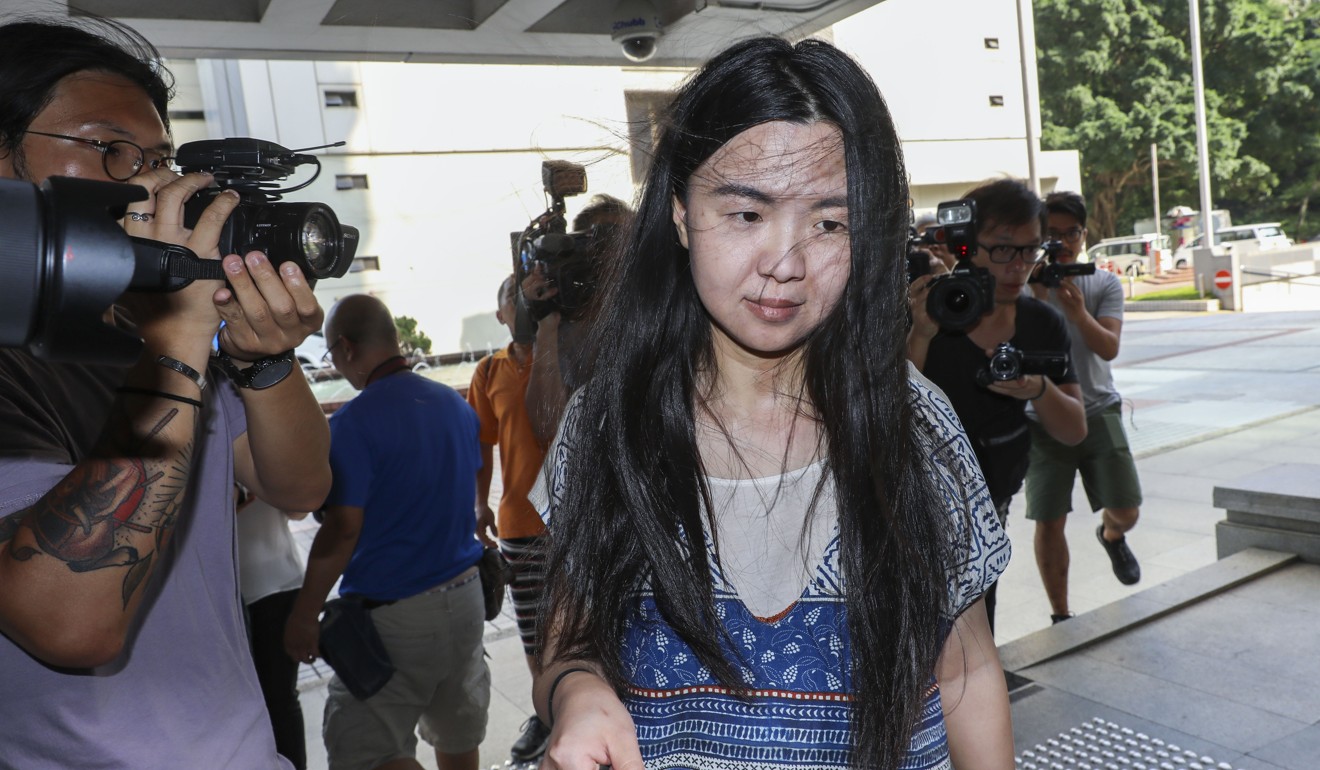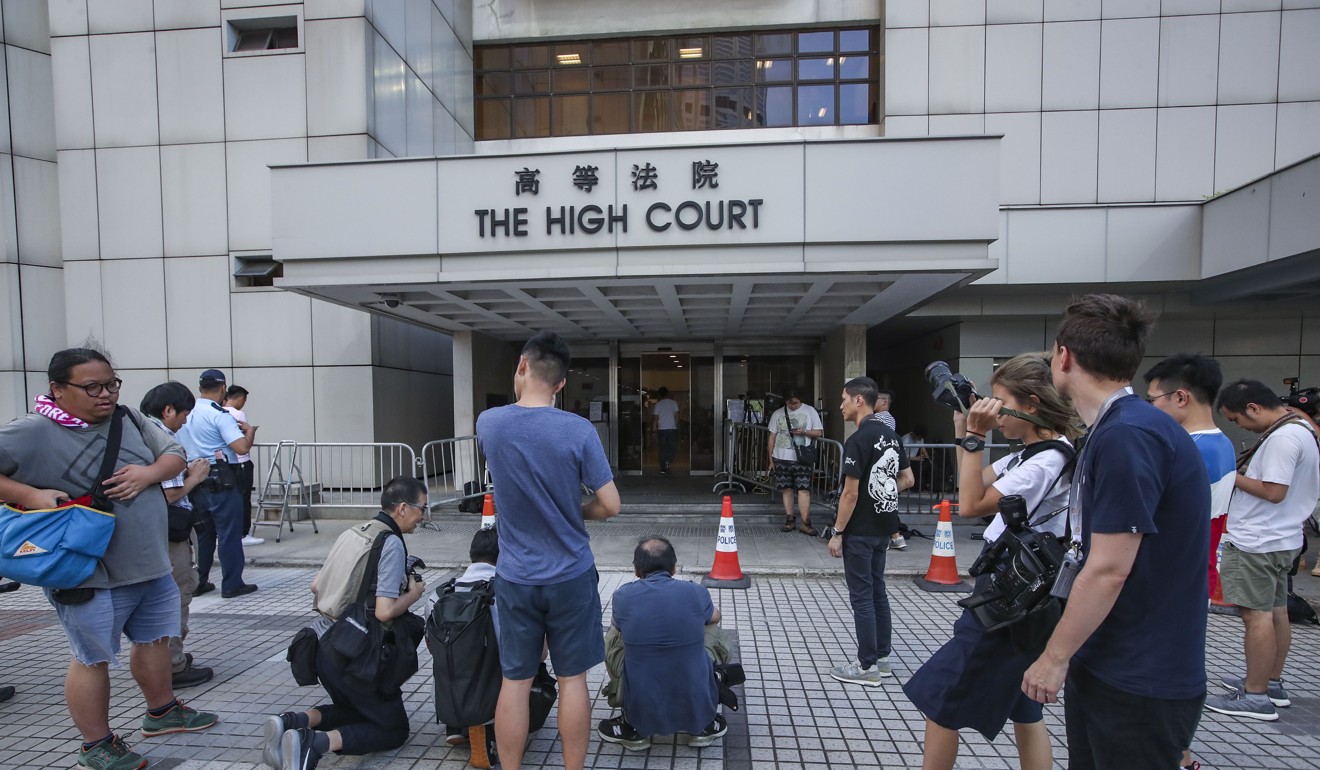
Hong Kong court bans public from using mobile phones with cameras during jury trials
After series of picture-taking cases in local courtrooms, chief justice says jurors must be ‘free from all actual or perceived interference, pressure or distraction’
People will be banned from using phones with cameras in Hong Kong courts during jury trials after the city’s judiciary on Thursday barred the devices.
“Jurors must be free from all actual or perceived interference, pressure or distraction,” a spokesman for the judiciary said.
Those caught using phones may be held in contempt of court, which may result in a fine or jail time depending on the severity of the offence. Alternatively, violators could be fined HK$2,500 (US$318) under the Summary Offences Ordinance. The ban will take effect from July 19.

Parties to court cases, their lawyers, law enforcement officials and members of the press are exempted.
Bar Association chairman Philip Dykes believed the directive was justified as it reminded the public of existing rules.
If you want to use your phone, you are free to walk out of the courtroom
“Why is it too tough to turn off your phone in court?” Dykes said. “Court hearings don’t last long ... If you want to use your phone, you are free to walk out of the courtroom.”
Legal sector lawmaker Dennis Kwok also urged the public to respect the integrity of the judicial process. He said courts should consider deploying dedicated guards to monitor proceedings, noting court clerks and prisoner officers are usually already occupied with other tasks.
Mr Justice Michael Lunn, former vice-president of the Court of Appeal, described photo-taking during jury trials as serious because a juror could potentially be identified and face retaliation by those who disagree with a verdict. However, he would not comment on whether similar rules should be extended to proceedings without a jury.
Lunn said it was “very sad” that a few people had made mobile phone use in courtrooms a problem.

On several mainland tour guide websites, Hong Kong’s High Court is cited as a place where visitors can immerse themselves in the real-life environs of scenes shown in television dramas.
Under Ma’s directive, those attending a court case involving a jury “must completely switch off” any phones capable of taking photos. They must also “put such devices in their bags/pockets” whenever they are inside a courtroom, regardless of whether jurors are present.
Public barred from courtroom at Edward Leung’s Mong Kok riot trial
Court security guards are empowered to search people to make sure the devices are switched off. More security staff will be added.
The judiciary said similar instructions may be extended to other proceedings without a jury as presiding judges see fit. It added that the freedom to use phones lawfully in other public areas of court buildings would remain intact.
Before the directive, local judges already had discretion to restrict mobile device usage or even public attendance on a case-by-case basis. The Post understands High Court judge Esther Toh Lye-ping ordered a similar phone ban in a murder case heard on Thursday.

